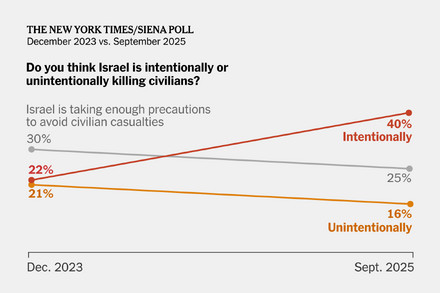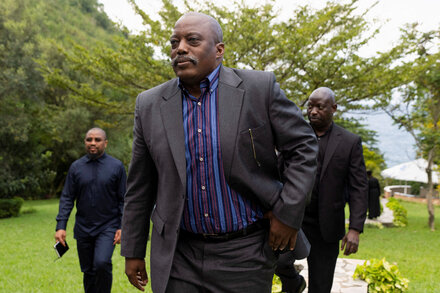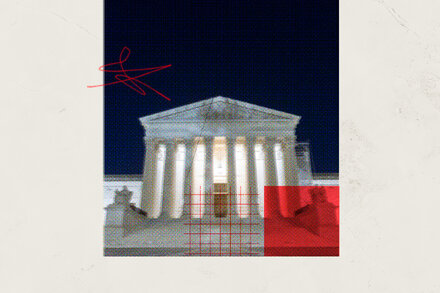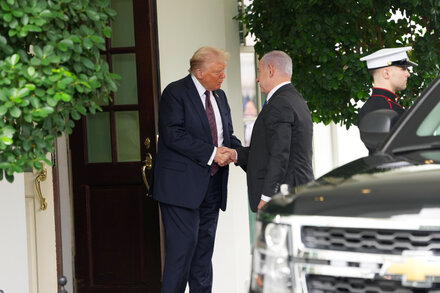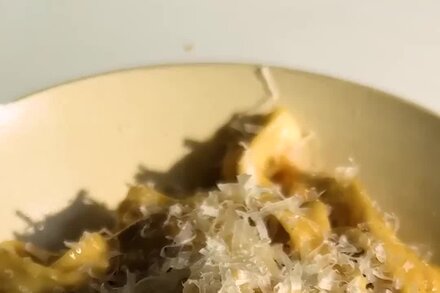Former President Donald Trump has reportedly halted exploratory diplomatic efforts with Venezuela, signaling a potential return to a tougher stance against Nicolás Maduro’s government. This decision marks a significant shift from any previously considered engagement with Caracas.
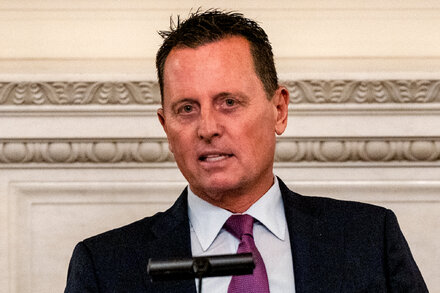
WASHINGTON D.C. – Former President Donald Trump has reportedly called off exploratory diplomatic efforts aimed at Venezuela, signaling a potential return to a harder line against the government of Nicolás Maduro. The decision marks a significant shift from any previously considered engagement, which had been met with mixed reactions both domestically and internationally.
Sources familiar with the matter, who spoke on condition of anonymity due to the sensitive nature of the discussions, indicated that preliminary contact had been made with intermediaries close to the Maduro regime in recent months. These efforts were understood to be an attempt to explore potential avenues for de-escalation and to address issues such as political prisoners, electoral conditions, and humanitarian concerns in Venezuela.
Background of U.S.-Venezuela Relations
During his previous administration, Mr. Trump pursued a strategy of “maximum pressure” against Caracas, refusing to recognize Maduro’s legitimacy and instead backing opposition leader Juan Guaidó as the interim president. This policy included extensive sanctions targeting Venezuela’s oil industry, financial institutions, and key individuals within the Maduro government. The administration consistently called for democratic transitions and condemned what it described as human rights abuses and political repression by the Maduro regime.
The recent consideration of diplomatic outreach, though not officially confirmed by the Trump camp, had been viewed by some analysts as a pragmatic reevaluation of policy, acknowledging the enduring power of the Maduro government despite years of international pressure.
Reasons for the Abrupt Halt
While official statements regarding the cancellation were not immediately available, insiders suggest the decision was multifaceted. A key factor cited was the perceived lack of substantive progress in initial discussions, with the Venezuelan government reportedly unwilling to meet certain conditions set by U.S. negotiators, particularly regarding credible elections and the release of political detainees.
“The threshold for meaningful engagement with Caracas has always been high, centering on concrete steps towards democracy and human rights,” one former senior administration official reportedly stated. “Without those assurances, any dialogue risks legitimizing a regime that continues to undermine democratic principles.”
Another contributing factor is believed to be the continued crackdown on opposition figures and perceived increases in political repression within Venezuela, which made sustained diplomatic engagement politically challenging for the U.S. side. The move also aligns with Mr. Trump’s historically tough stance on what he has often characterized as socialist and authoritarian regimes in Latin America.
Implications for Future Policy
The cessation of diplomatic outreach is expected to reset U.S.-Venezuela policy to one of renewed pressure and non-engagement with the Maduro administration. This could entail the maintenance or even tightening of existing sanctions, continued support for the Venezuelan opposition, and potentially renewed efforts to rally international condemnation of the Maduro government.
The Venezuelan government has yet to issue an official response to the reported decision. However, officials in Caracas have historically denounced U.S. sanctions as illegal and interventionist, while maintaining their openness to dialogue “without preconditions.”
Analysts anticipate that this development will likely prolong the stalemate between Washington and Caracas, offering little immediate prospect for a resolution to Venezuela’s protracted political and economic crisis through direct negotiation.
Source: Read the original article here.
